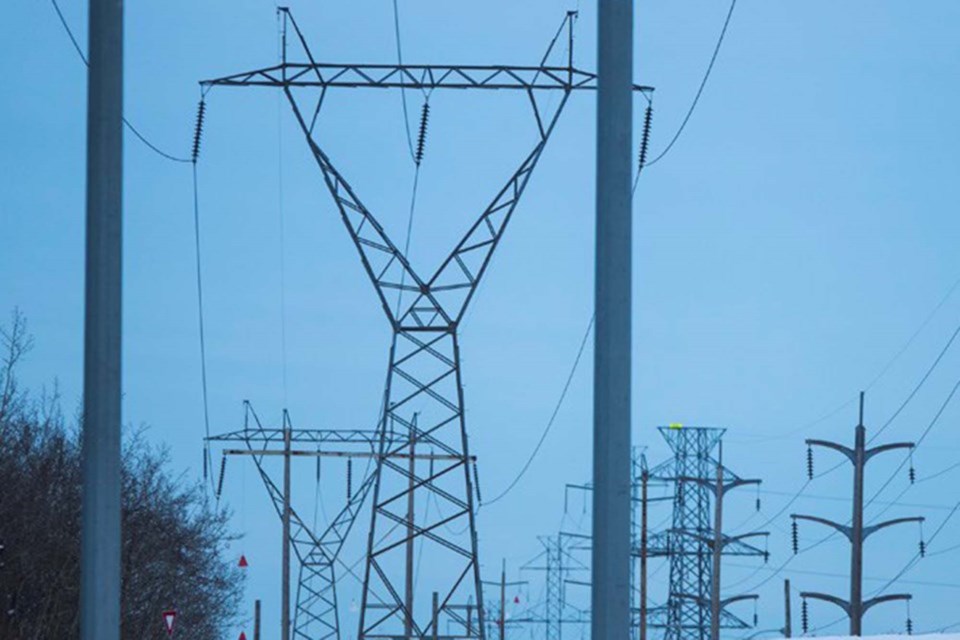St. Albert city council will consider Monday whether increasing an existing electrical franchise fee should be a part of the city's proposed 2023 budget.
The city charges an electric franchise fee to its utility provider, Fortis Alberta, for access to city land where utility infrastructure is built. That fee is then passed on to customers on their monthly utility bills, with the fee increasing in proportion to how much the user consumes.
The city first introduced the fee in 2019 to bring in revenue of $1.43 million in its first year. Initially introduced at five per cent, the fee climbed to 10 per cent in 2021.
City spokesperson Cory Sinclair said in an email the city can't share information on what franchise fee increase city administration will bring before council to consider on Monday.
“We will not be able to provide any information in advance of the agenda package becoming public on the afternoon of Friday, Sept. 16,” Sinclair said in an email.
During an Aug. 16 council meeting, the city’s chief financial officer Diane McMordie told council a two-per-cent increase to the franchise fee would result in $672,000 for the city, decreasing the tax levy by 0.57 per cent. On the higher end, a five-per-cent increase would bring the city $1.68 million in funding, resulting in a 1.43-per-cent tax levy decrease.
Although ultimate approval for an electric franchise fee increase will be debated during budget time in November, administration must receive permission from council to include the options in the proposed budget at all.
Franchise fee 'just another tax': chamber chair
Garry Wetsch, the chair for the St. Albert and District Chamber of Commerce, said he will be presenting to council on Monday to speak against the fees.
“Our chamber’s position is all taxes should be transparent,” Wetsch said. “We have property taxes, but every time we have a franchise or user fee, to the average person it’s just another tax.”
Businesses are struggling financially just as the city is, Wetsch said, noting many are still recovering from COVID and dealing with inflation. For this reason, Wetsch said increases to costs of all kinds, including electrical franchise fees, should be off the table.
Wetsch noted how much St. Albert residents are already paying because the electrical franchise fee has increased, as the fee is determined by electricity costs, which have increased significantly.
“It’s a double whammy,” Wetsch said, adding companies in St. Albert which use a lot of power will be hit hard.
According to St. Albert’s most recent corporate report, the city has brought in $519,000 higher than its budgeted revenue for gas and electric franchise fees so far in 2022.
Wetsch said he will urge the city and council in his presentation to find ways to address the 2023 property tax increase through other means, such as service reductions.
In recent weeks, the city has said it will turn to one-offs — such as the potential electric franchise fee increase — instead of service reductions, citing the need for more time to investigate areas where the city can pull back.
Bill Fletcher, the city’s chief administrative officer (CAO), told The Gazette in August the city will consider service reductions for 2024.
Asked about his thoughts on the city taking another year to find service cuts, Wetsch said the financial challenges the city is facing have been long anticipated.
“Find a way,” Wetsch said, urging council to come up with methods to cut back on spending for 2023. “That’s why we elected you, and that’s why you have an administration.”
City projects could be deferred, and organizations such as the chamber could be consulted to find a way forward, Wetsch said.
“Times have changed,” Wetsch said. “COVID changed everything … this is a time for fiscal restraint.”




